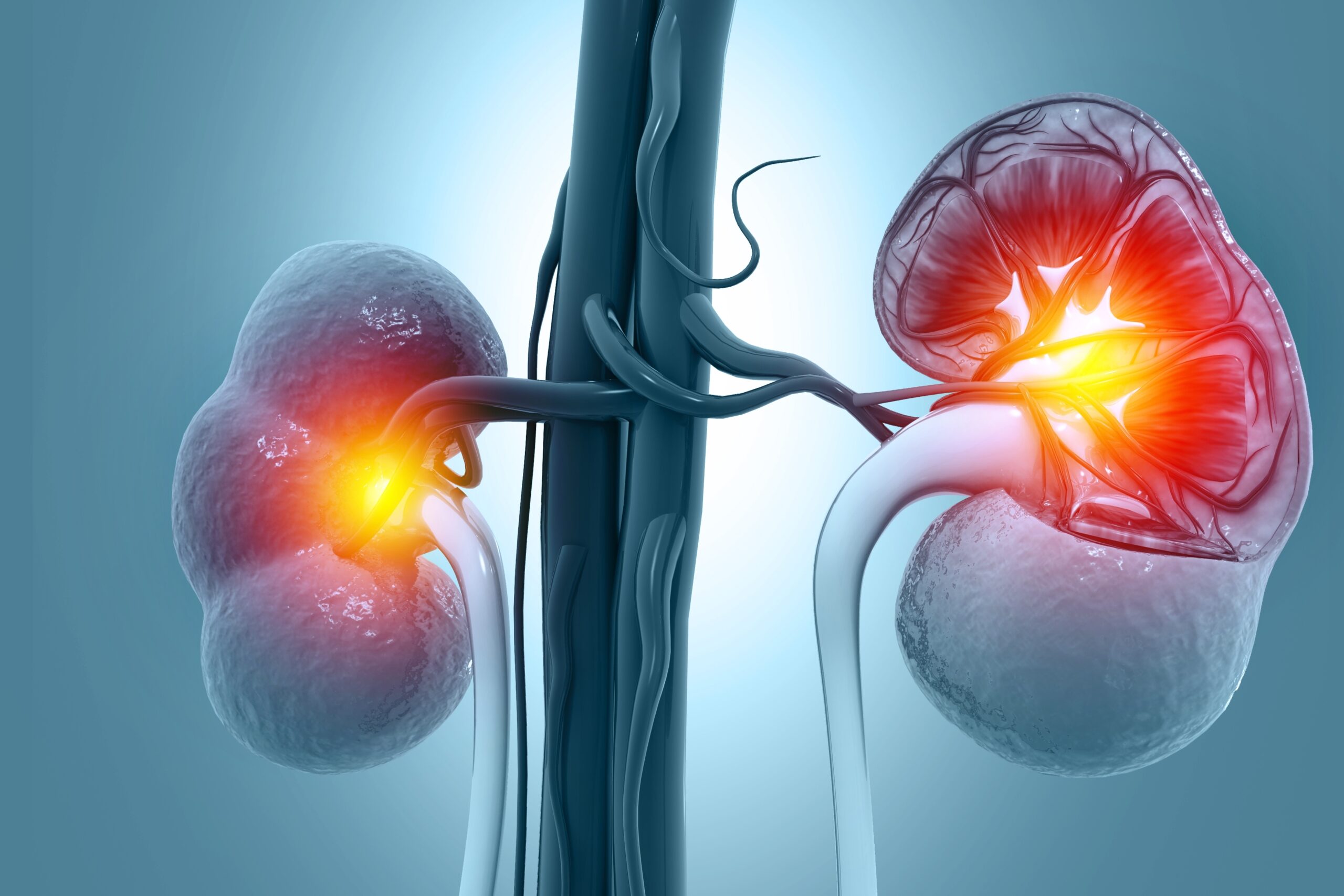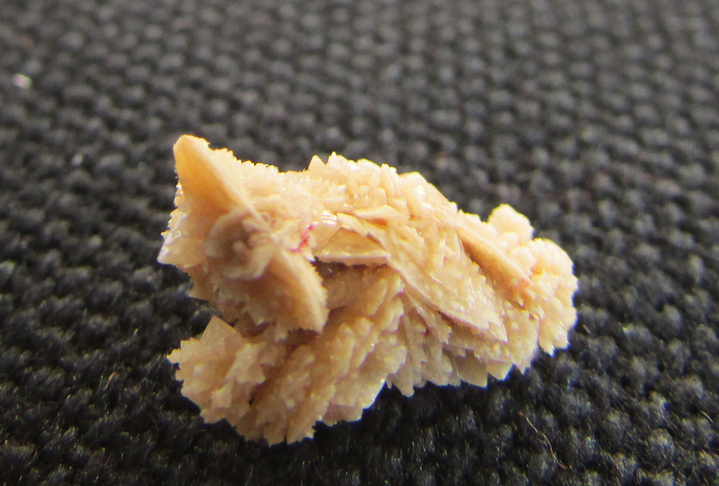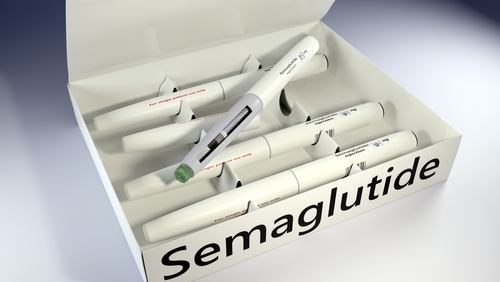
Renal dietitians are considered integral staff members in dialysis centers, but where are they in other aspects of chronic kidney disease (CKD) management?
This year’s nutrition program at the National Kidney Foundation Spring Clinical Meetings (SCM25) in Boston covers various topics that focus on nutrition for patients receiving dialysis, with CKD, or with kidney stones; cultural competence in dietary patterns; and more. SCM25 presents an excellent opportunity for nephrology professionals to delve deeper into their specialty while also broadening their focus on other nephrology-related topics and interdisciplinary collaboration.
What Does a Renal Dietitian Do?
The Spring Clinical Meetings offer renal dietitians an opportunity to stay updated on the latest research in kidney health while broadening their skills in other aspects of healthcare. At all stages of kidney disease, a renal dietitian assesses the patient’s eating patterns to identify risks for electrolyte imbalances; proteinuria; and high blood pressure, cholesterol, and blood glucose levels. However, renal dietitians work with patients on more than just kidney health.
Renal dietitians look beyond kidney-specific risk factors and address overall health. They frequently assist with gastrointestinal issues, disordered eating, or weight loss to help patients live healthier lives and protect their kidneys.
Renal dietitians teach patients how to create kidney-friendly eating patterns that complement their medications to manage kidney risk factors while fitting the patient’s lifestyle. All nephrology professionals can benefit from dietary-focused SCM25 sessions such as Are Plant-Based Diets Feasible (or Even Possible) for Dialysis Patients? and Beyond Oxalate: Holistic Nutrition for Stone Prevention.
Impact on Patient Care and Quality Outcomes
The clinical benefit of nutrition interventions has been demonstrated repeatedly; for example, medical nutrition therapy (MNT) has been shown to delay the progression of CKD. An abstract presented at SCM24 demonstrated that MNT in late-stage CKD (glomerular filtration rate ≤15 mL/min/1.73 m2) delayed the onset of dialysis by an average of 14 months and saved Medicare approximately $47,000 per patient.1 The Kidney Disease Outcomes Quality Initiative (KDOQI) guidelines also recommend MNT as a way to educate patients on modulating their eating patterns to follow low-sodium, reduced-protein—and when appropriate—low-potassium and low-phosphorus diets.2
Recently, new medications that impact eating behaviors have been approved for CKD. These medications have side effects that can be mitigated or completely avoided when patients follow a higher-fiber eating pattern.3 Renal dietitians work with patients receiving such medications to help them achieve and maintain a healthy weight, minimize side effects, and meet kidney health goals. This topic will be reviewed during the interdisciplinary session Enhancing Obesity Management Through Collaborative Care at SCM25.
How to Engage with Renal Dietitians
Cost should not be a barrier for patients seeking renal dietitian services. Medicare fully covers MNT for CKD, meaning patients have no copays or out-of-pocket costs for services. Commercial insurance coverage varies, but MNT is typically covered either through preventive services or medical coverage under most plans. Medicare requires a referral from a physician for services.
Location is also not a barrier to receiving services. Telehealth remains a viable option, with dietitians often licensed in multiple states. This important topic will be highlighted at SCM25 during the presentation Maximizing Patient Outcomes and the Crucial Role of Registered Dietitian Nutritionists With Other Nephrology Professionals.
Where to Find Renal Dietitians
Finding a dietitian specializing in nephrology has historically been a barrier to care.4 One option is to hire a renal dietitian to provide MNT services within a nephrology office. Referring patients to outside providers who bill insurance directly is another option.
The National Kidney Foundation maintains a list of renal dietitians who offer both in-person and telehealth services.5 Patients can also contact their insurance company to find a dietitian who accepts their plan.
Large healthcare systems also employ outpatient dietitians who can see patients with CKD. If a renal dietitian is not on staff, nephrologists should advocate for their hire.
Nutrition at SCM25 and Beyond
The nephrology space is evolving, and SCM25 is a key opportunity to stay up to date. With new medications available to patients and an ongoing focus on improving outcomes, utilizing all nephrology practitioners, including dietitians, is essential now more than ever.
If you are attending SCM25 sessions in person or virtually on demand, consider checking out the nutrition program to broaden your knowledge and engage with a renal dietitian. Our services are invaluable to patients, who often tell me, “I wish I had understood how to protect my kidneys sooner.” l
References
- Levy LB, Hays A. Retrospective case study analysis: medical nutrition therapy can help decrease hospitalizations, unplanned dialysis starts, and catheter usage in late-stage CKD patients. Abstract presented at: National Kidney Foundation Spring Clinical Meetings; May 14-18, 2024; Long Beach, California. Poster 451.
- Ikizler TA, Burrowes JD, Byham-Gray LD, et al. KDOQI clinical practice guideline for nutrition in CKD: 2020 update. Am J Kidney Dis. 2020;76(3)(suppl 1):S1-S107. doi:10.1053/j.ajkd.2020.05.006
- Wadden TA, Chao AM, Moore M, et al. The role of lifestyle modification with second-generation anti-obesity medications: comparisons, questions, and clinical opportunities. Curr Obes Rep. 2023;12(4):453-473. doi:10.1007/s13679-023-00534-z
- Kramer H, Jimenez EY, Brommage D, et al. Medical nutrition therapy for patients with non-dialysis-dependent chronic kidney disease: barriers and solutions. J Acad Nutr Diet. 2018;118(10):1958-1965. doi:10.1016/j.jand.2018.05.023
- NKF Council on Renal Nutrition. CKD Kidney Dietitian Directory. https://sites.google.com/view/ckdrd.
Accessed February 14, 2025.
The opinions expressed in this column are the contributor’s own and do not represent those of Nephrology Times.







 © 2025 Mashup Media, LLC, a Formedics Property. All Rights Reserved.
© 2025 Mashup Media, LLC, a Formedics Property. All Rights Reserved.